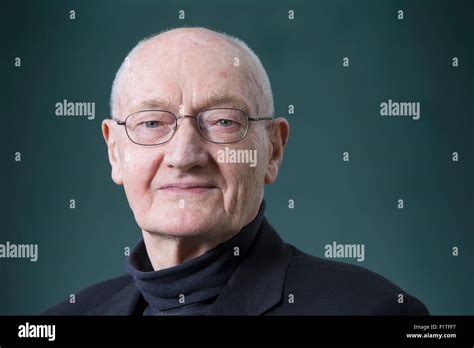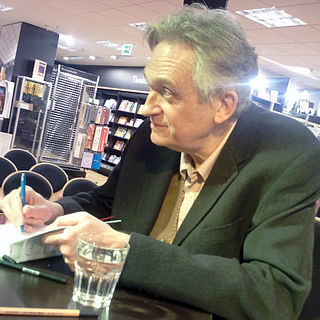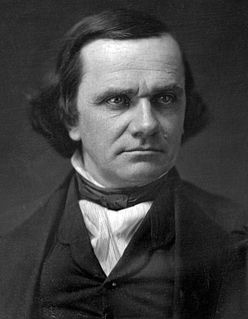A Quote by Edmund Burke
The question is not whether you have a right to render people miserable, but whether it is not in your best interest to make them happy.
Related Quotes
If you are happy, you are happy; nobody asks you why you are happy. Yes, if you are miserable, a question is relevant. If you are miserable, somebody can ask why you are miserable, and the question is relevant - because misery is against nature, something wrong is happening. When you are happy, nobody asks you why you are happy, except for a few neurotics. There are such people; I cannot deny the possibility.
I think that something that people in general forget to do - and it's true, not everyone has the financial means to do this - whatever clothes you buy if you really want them to fit well, you need to have them altered or tailored. And whether you're doing that yourself, whether you're taking it to your drycleaner that has a tailor, you need to alter and tailor everything, whether it's expensive, whether it's, you know, whether it's inexpensive. If you want it to really fit your body, even the best clothes have to be tailored.
The question should not be whether or not police are allowed to confront suspects; it should be about how we train them. The question should not be whether we have police; it should be how we use them. The question should not be whether judges should have the ability to protect New Yorkers from violent offenders; it should be how we let them.
I deny the right of Congress to force a slaveholding State upon an unwilling people. I deny their right to force a free State upon an unwilling people. I deny their right to force a good thing upon a people who are unwilling to receive it. The great principle is the right of every community to judge and decide for itself, whether a thing is right or wrong, whether it would be good or evil for them to adopt it; and the right of free action, the right of free thought, the right of free judgment upon the question is dearer to every true American than any other under a free government.
The real question today is not when human life begins, but, what is the value of human life? The abortionist who reassembles the arms and legs of a tiny baby to make sure all its parts have been torn from its mother's body can hardly doubt whether it is a human being. The real question for him and for all of us is whether that tiny human life has a God-given right to be protected by the law - the same right we have.
The issue is not whether there are horrible cases where the penalty seems "right". The real question is whether we will ever design a capital system that reaches only the "right" cases, without dragging in the wrong cases, cases of innocence or cases where death is not proportionate punishment. Slowly, even reluctantly, I have realized the answer to that question is no- we will never get it right.











































